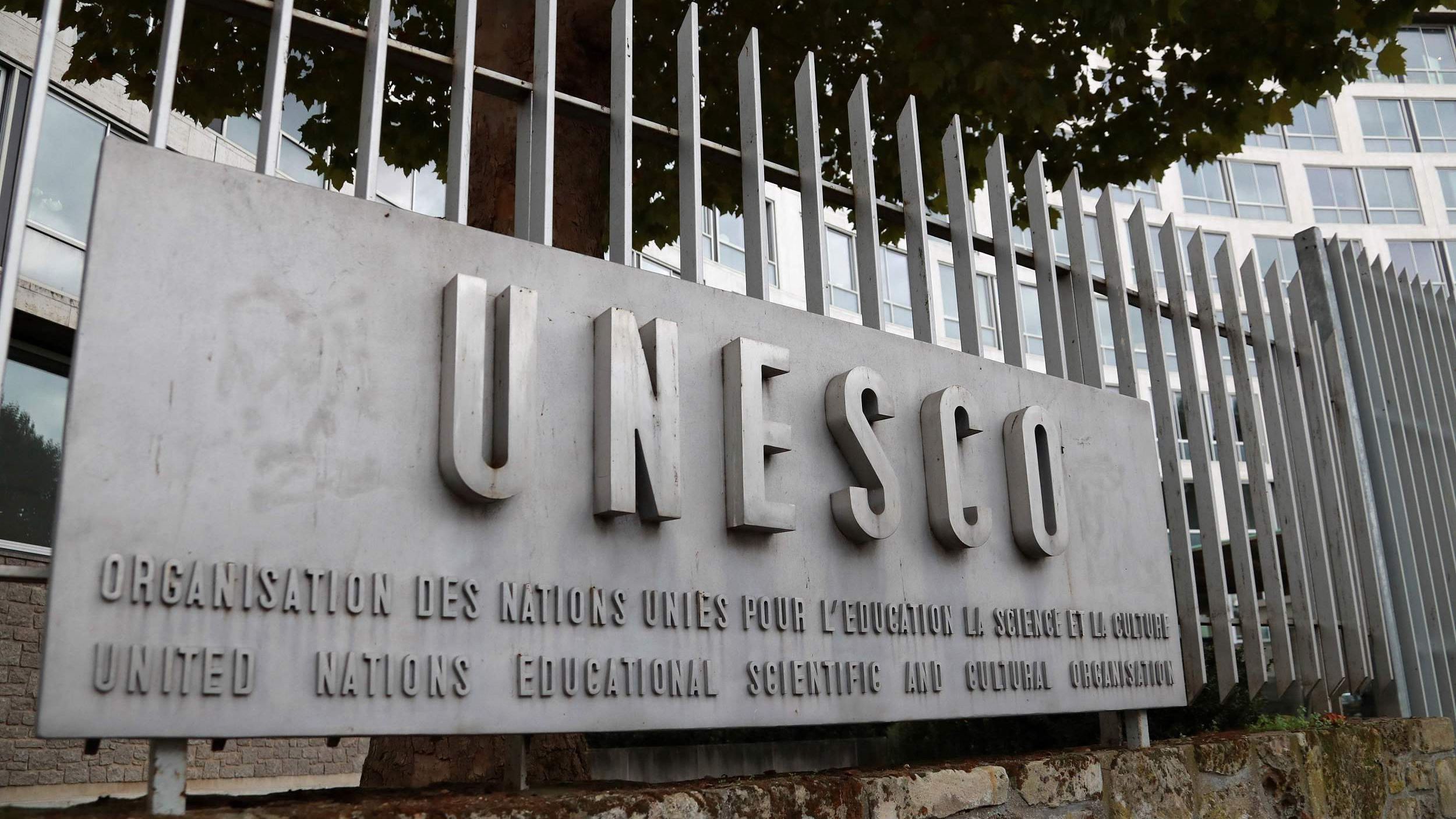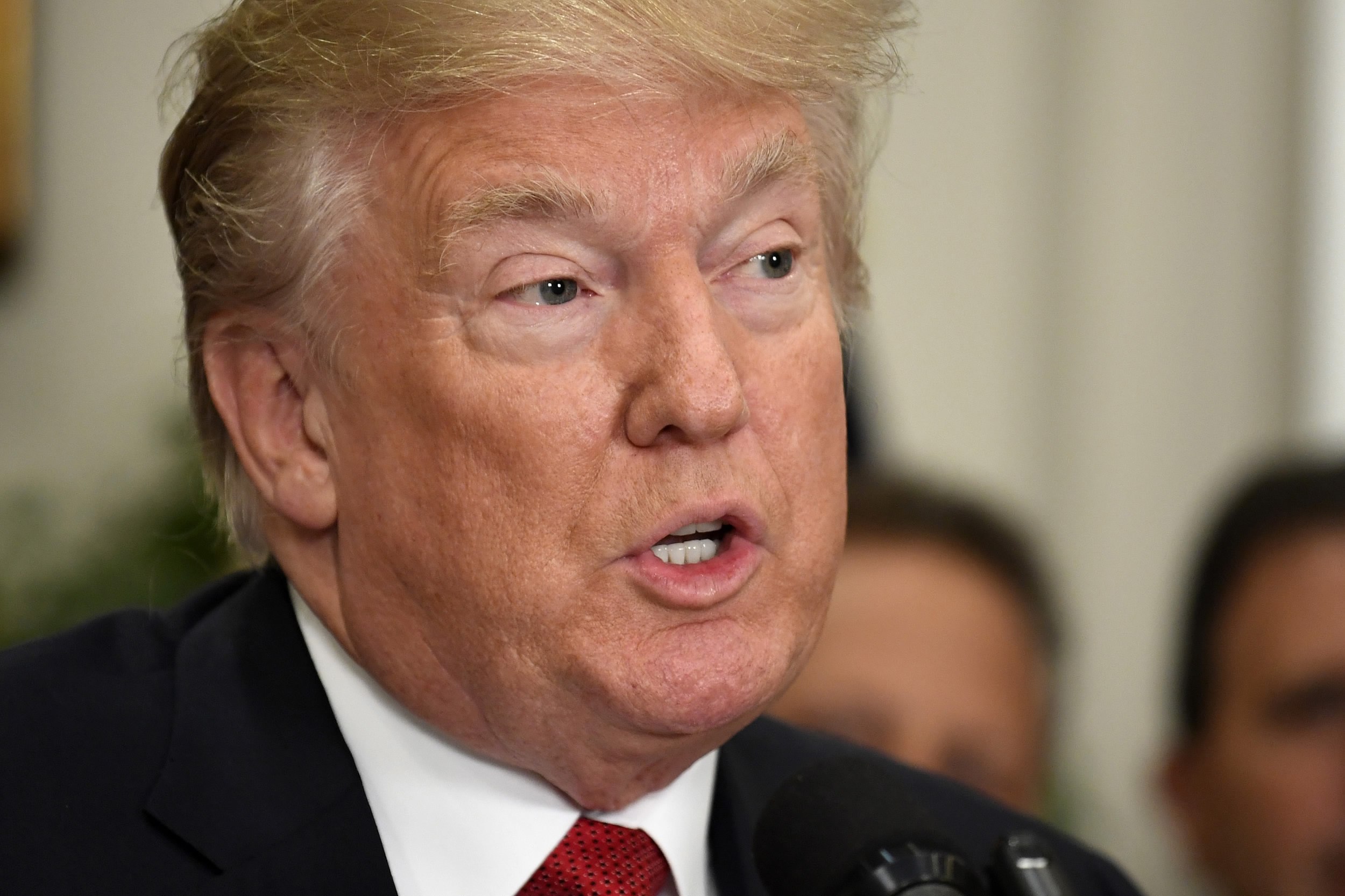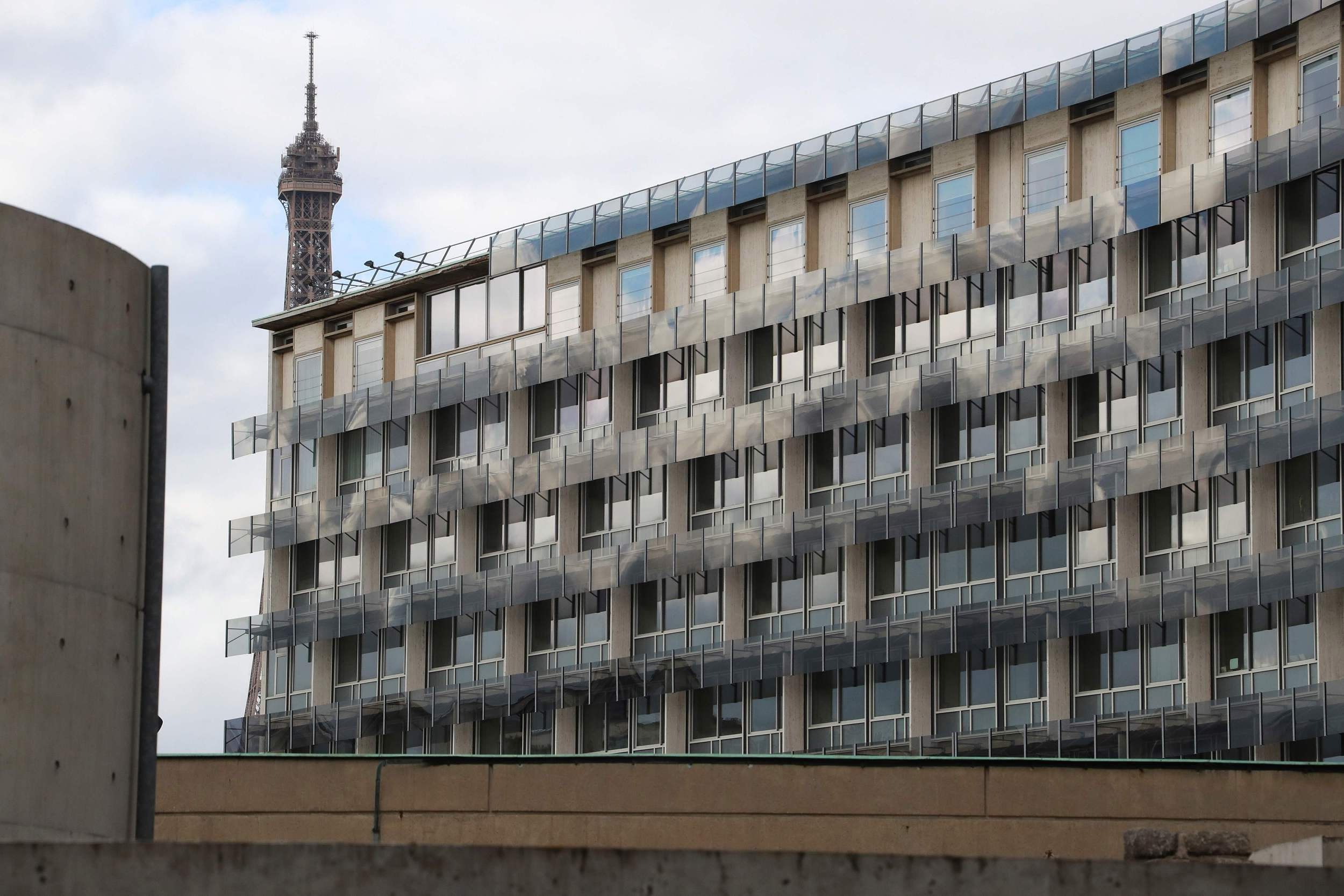
Business
16:35, 13-Oct-2017
US-UNESCO split: Is membership good value for money?
by Nicholas Moore

US President Donald Trump’s decision to withdraw from UNESCO, followed by Israel, has been officially put down to anti-Israel sentiment within the organization. But with arrears of nearly 550 million US dollars owed to the cultural body, does money play a role in yet another “divorce” with UNESCO?
Why does the US owe $550mn to UNESCO?
UNESCO’s budget contributions are calculated based on the same scale used by the UN, which takes into account factors like GNP (gross national product), per capita income and external debt. This scale means that the US should pay 22 percent of UNESCO’s annual budget, a contribution that should have been 143.66 million US dollars for 2016-17.

VCG Photo
VCG Photo
However, after UNESCO granted membership to the Palestinian Authority in 2011, the Obama administration withdrew its annual contributions in protest, steadily building up arrears of almost 543 million US dollars as of October 5 this year.
So who is footing the bill?
UNESCO’s chief Irina Bokova told the New York Times that she had repeatedly told Congress that there was no immediate pressure for the US to pay its arrears. Without the US’ contributions and a freeze on payments from Japan, China has been the biggest contributor to UNESCO this year, paying in over 52.5 million US dollars to its budget.
Is UNESCO good value for money?
With the US overall contributing approximately eight billion US dollars per year to the UN, UNESCO does not take up a huge portion of that sum. However, it has been criticized for weak leadership, with Brett Schaefer, a senior research fellow of the Heritage Foundation, describing it as "a facilitator, not an implementer."

The UNESCO headquarters in Paris, where renovation costs saw the group take out a loan of 112 million US dollars. /VCG Photo
The UNESCO headquarters in Paris, where renovation costs saw the group take out a loan of 112 million US dollars. /VCG Photo
In its 2016/2017 program, UNESCO allocated just over 55 percent of its entire budget to staffing costs. A 112 million-US-dollar loan to renovate UNESCO’s headquarters in Paris takes up 14 million US dollars per year of the budget – that’s more than South Korea’s entire annual contribution to the organization.
A report by the UK’s department for international development in 2011 labeled UNESCO as "unsatisfactory," pointing to "significant under-performance in leadership." A further critical report in 2016 by the UK came amid reports that London would cut its funding in a push to make UNESCO change its ways. The UK currently owes over 14.5 million US dollars in arrears to UNESCO, and hasn’t filed a payment since January 2016.

Xiamen's Gulangyu - China's latest entry on the UNESCO World Heritage List. /VCG Photo
Xiamen's Gulangyu - China's latest entry on the UNESCO World Heritage List. /VCG Photo
Despite criticism, UNESCO continues to play an important role in advancing education around the world, and the prestige and soft power of gaining a World Heritage Site from the organization is perhaps worth the cost for some countries – especially if it brings in greater numbers of tourists.
Is UNESCO becoming overly politicized?
UNESCO is arguably an easy target for countries looking to score political points at home and abroad. Donald Trump’s withdrawal can be seen as a push forward for his "America first" concept, and gives some of his core supporters the action they desire against the UN and multilateralism.
As an organization that deals with education, science and culture, withdrawing the US’ political influence and its financial contributions is not as damaging a blow as leaving the Security Council or the UN’s peacekeeping branch.
This is also far from the first time that the US and UNESCO have fallen apart – the US withdrew from the organization between 1984 and 2004, and in 1974 withdrew funding in another row over criticism of Israel.
The US is not alone in withdrawing from UNESCO for the sake of political point-scoring. In September, Chinese Foreign Ministry spokesperson Lu Kang said Japan should act correctly towards an application for records of "comfort women" to be listed as UNESCO heritage, instead of threatening not to pay its UNESCO membership fees.
Japan should be UNESCO’s second biggest contributor, but has only paid half of its 63.2 million US dollar contribution. Xinhua reports that Prime Minister Shinzo Abe is under pressure at home to stop all financial contributions because of UNESCO’s acceptance of records of Japan’s wartime sexual slavery – "a grave crime… for which there is solid evidence and no room for denial," said Lu.
UNESCO chief Irina Bokova responded to the US withdrawal on Thursday by expressing her regret, but conceded that "politicisation" had "taken its toll" on the organization in recent years.

SITEMAP
Copyright © 2018 CGTN. Beijing ICP prepared NO.16065310-3
Copyright © 2018 CGTN. Beijing ICP prepared NO.16065310-3